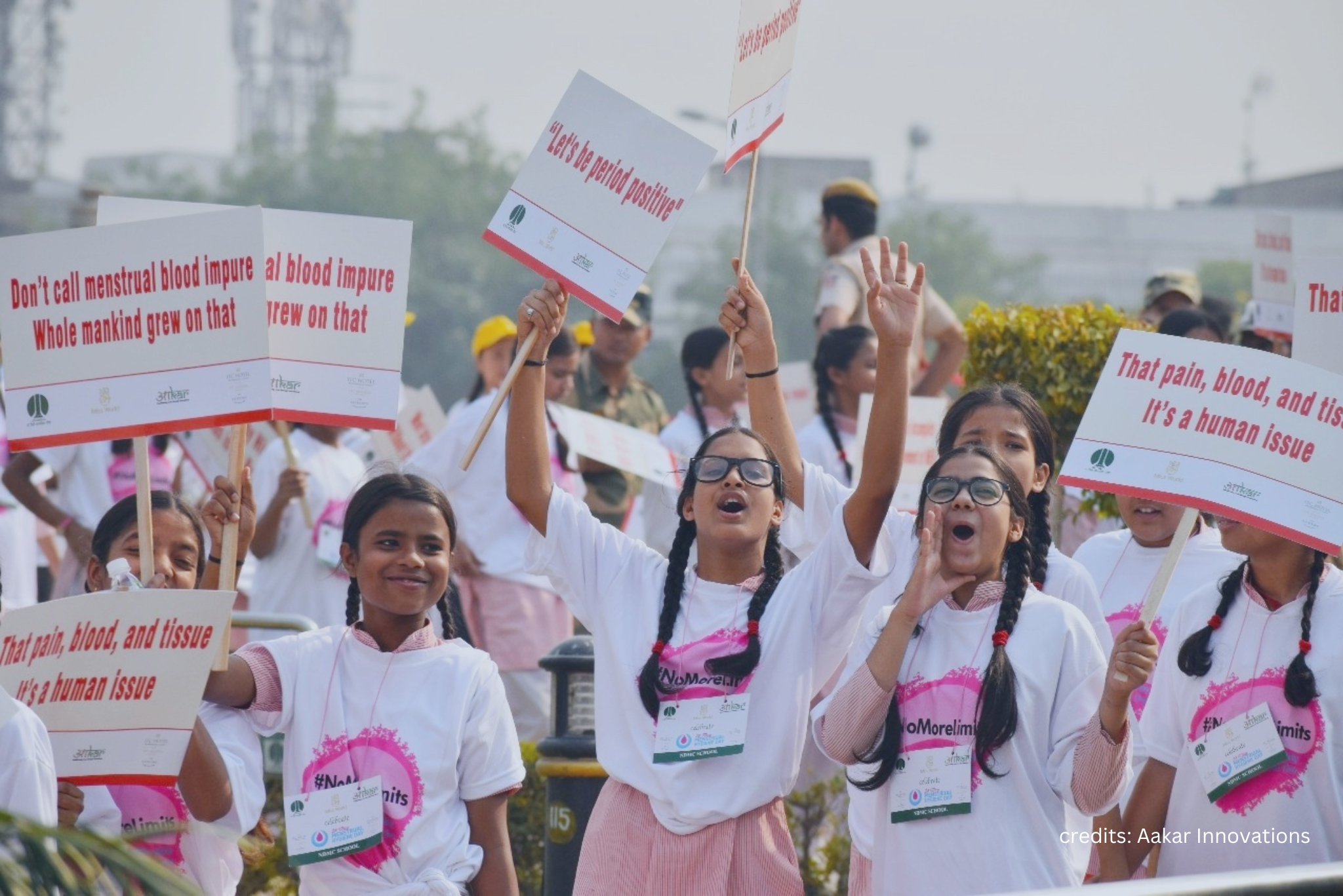Scaling Up Access to Menstrual Health in the Global South: Improving product quality and access to reusable options
1.8 billion people in the world menstruate every month, representing 20% of the global population. Among those, 500 million of them still lack access to menstrual products and adequate facilities for menstrual health and hygiene (MHH) management. An even larger number has access to products, but of poor quality and/or too expensive, leading to mixed usage with homemade solutions such as rags or toilet paper.
This report - supported by the Bill & Melinda Gates Foundation - uses a market-based lens to analyze the MHH landscape. It focuses on disposable pads, reusable pads, and menstrual cups - the three products with the largest proven commercial markets today. It presents:
Why there is no silver bullet today in menstrual health, and what currently limits women's freedom to choose the products that suit them best
Why disposable pads, the aspirational and most-used solutions, are still far from answering all needs - and what it would take to improve them further
Why menstrual cups, as money-saving devices, and reusable pads, as simple and cost-effective solutions, have huge market potential - and what it would take to seize this potential
What companies, donors, policymakers and NGOs can do to improve awareness of and access to menstrual hygiene
What market-based best practices already exist to improve menstrual heath, through 8 case studies on pioneering companies providing quality menstrual products in the Global South.

